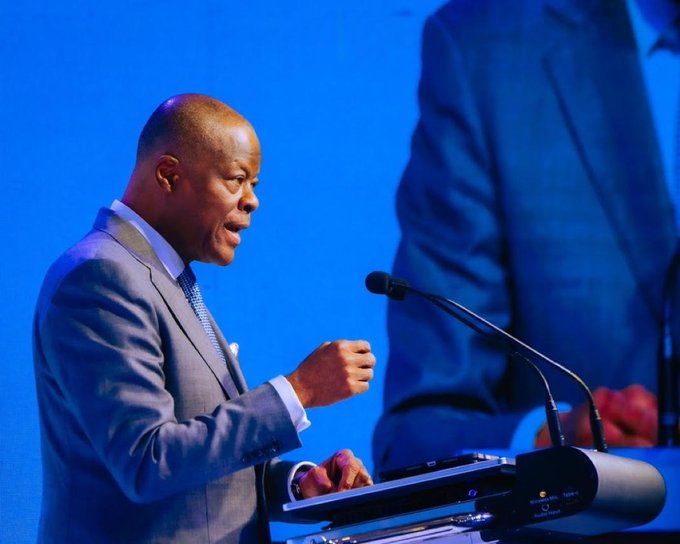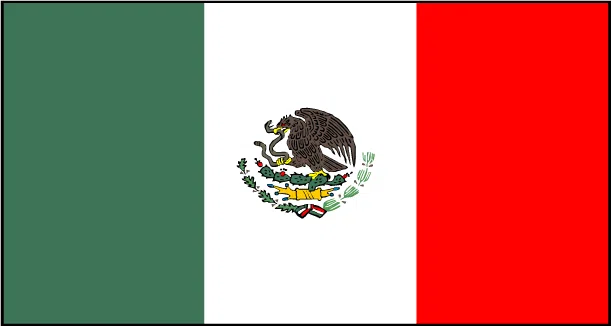The Minister of Finance and Coordinating Minister of the Economy, Wale Edun, has said that President Bola Tinubu’s policies have set Nigeria “firmly on the right path,” citing the drop in the price of rice to N80,000 from last year’s N120,000.
He also claimed that the prices of garri, pepper, tomatoes, and other essentials have decreased.
A write-up titled ‘Nigeria turns towards prosperity’ posted by Special Adviser Information and Strategy to President Bola Tinubu, Bayo Onanuga, and shared by the Minister of the Finance Ministry, however, acknowledged that despite the progress made, the country still faces “tough realities”.
‘’In this role, I often feel a mix of emotions: deep pride in our national journey, regret over the opportunities we failed to seize, and confidence in our direction of travel today. Despite some historical shortfalls and present-day challenges, I believe the most difficult phase of our economic journey is behind us. Nigeria has turned a decisive corner. The road ahead will demand hard work and discipline, but we are firmly on the right path.
When President Bola Ahmed Tinubu took office in 2023, Nigeria’s economy was on the brink of fiscal collapse. Slowing growth, surging inflation, and market distortions like the fuel subsidy and multiple exchange rate regimes had created an environment that scared off investment. The President’s mandate was clear – dismantle those market distortions, reward productivity, and create a climate where private investment can thrive.
From Crisis to Stability
Two years later, the results are evident at the macro level. GDP grew by 4.23 percent in the second quarter of 2025. Inflation, while still high, has moderated to 18.02 percent after six consecutive months of decline. The exchange rate has stabilised, and the gap between official and parallel markets has narrowed to about 1 percent, down from a peak of nearly 70 percent. Importantly, foreign reserves have risen above $43 billion, the highest since 2019. These are more than just numbers; they are the foundation for building inclusive growth that benefits every Nigerian.
Notwithstanding, we recognise that the economy is ultimately about people, not statistics. Millions of Nigerians measure progress by the cost of food, transport, and other necessities. I am keenly aware of this reality. Food inflation has been our heaviest burden since it surged after currency depreciation and the removal of fuel subsidies. However, targeted measures are beginning to ease the pressure. A bag of rice that cost about N120,000 last year now averages around
N80,000. The prices of garri, pepper, tomatoes, and other essentials have also decreased.
At the same time, we are careful to ensure our smallholder farmers have enough incentives to return to farms next planting season. We are therefore implementing programmes that stimulate agricultural production by safeguarding smallholder farmers’ incomes.


